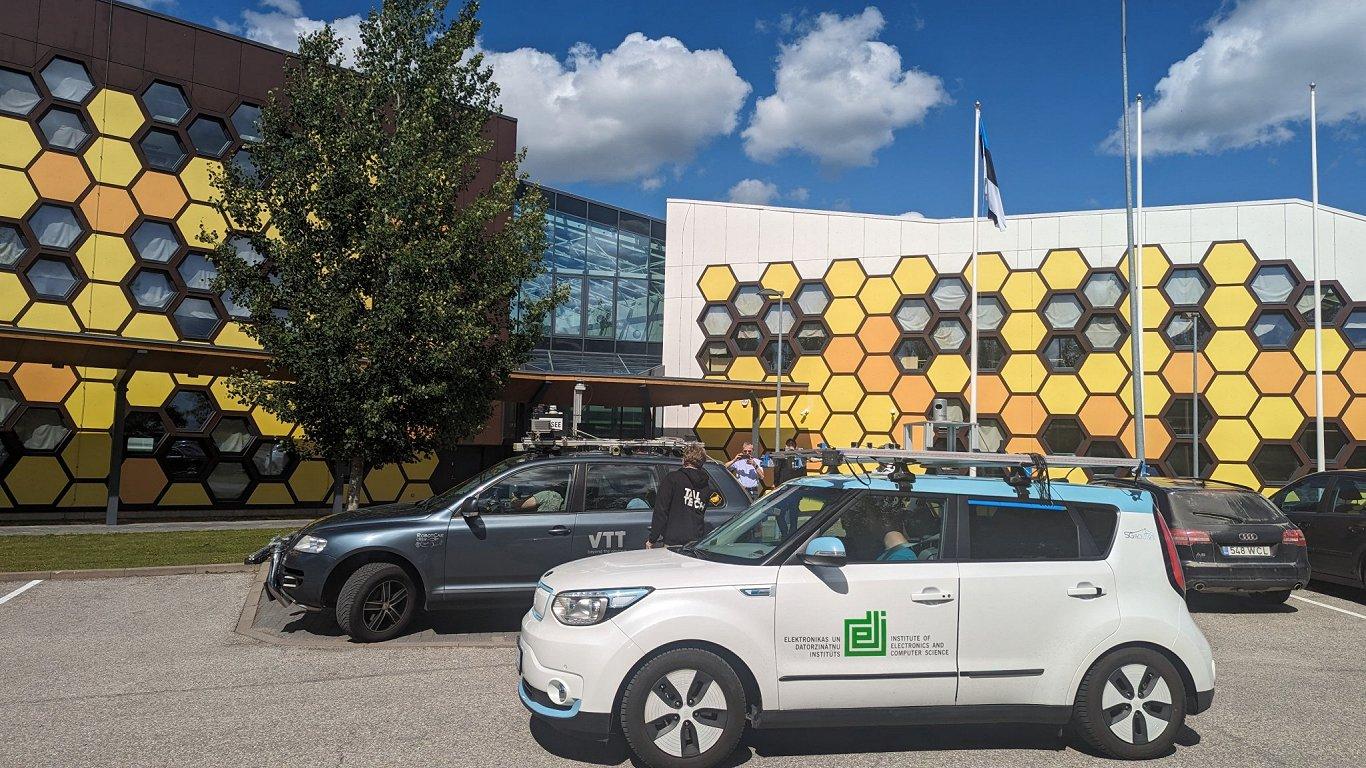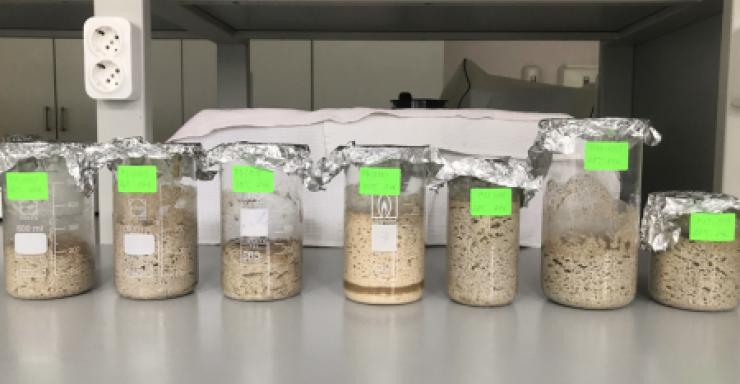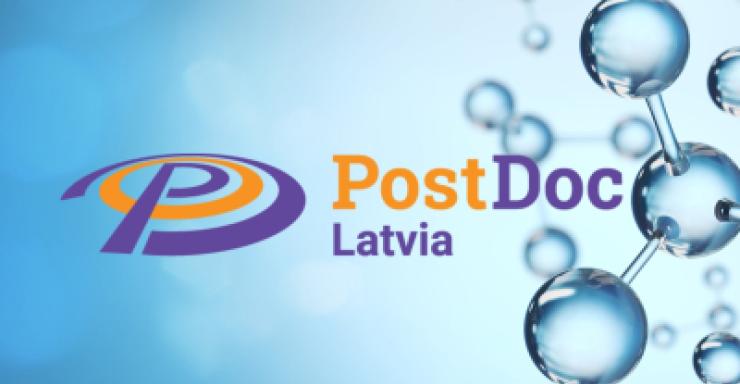Computer science researchers in Latvia are developing future automotive technologies to enable increasingly autonomous vehicle movement, such as sensors for environmental perception and platforms for secure communication between vehicles. Although fully autonomous cars have not yet been realized in the transport sector, scientists are convinced that in everyday traffic, some level of human oversight will always be necessary.
Kaspars Ozols, lead researcher at the Institute of Electronics and Computer Science, demonstrated how special sensors mounted on vehicles work. These sensors provide more spatially detailed information about the surrounding environment compared to those already used in automotive engineering or regular video cameras. Researchers are developing this and other technologies as part of so-called self-driving vehicles.
"We use cameras that can detect not only visual but also depth information, and at very short distances—up to six meters—they can recognize objects with very high resolution. Even objects as small as human fingers or any obstacles on the road, so the vehicle can avoid them. Future autonomous cars should fully understand their environment. For example, we place six sensors to create a 360-degree perception system around the car, forming a kind of point cloud of surrounding objects. Then we add artificial intelligence that can recognize these objects and instruct the vehicle to slow down or react accordingly," Ozols explained.
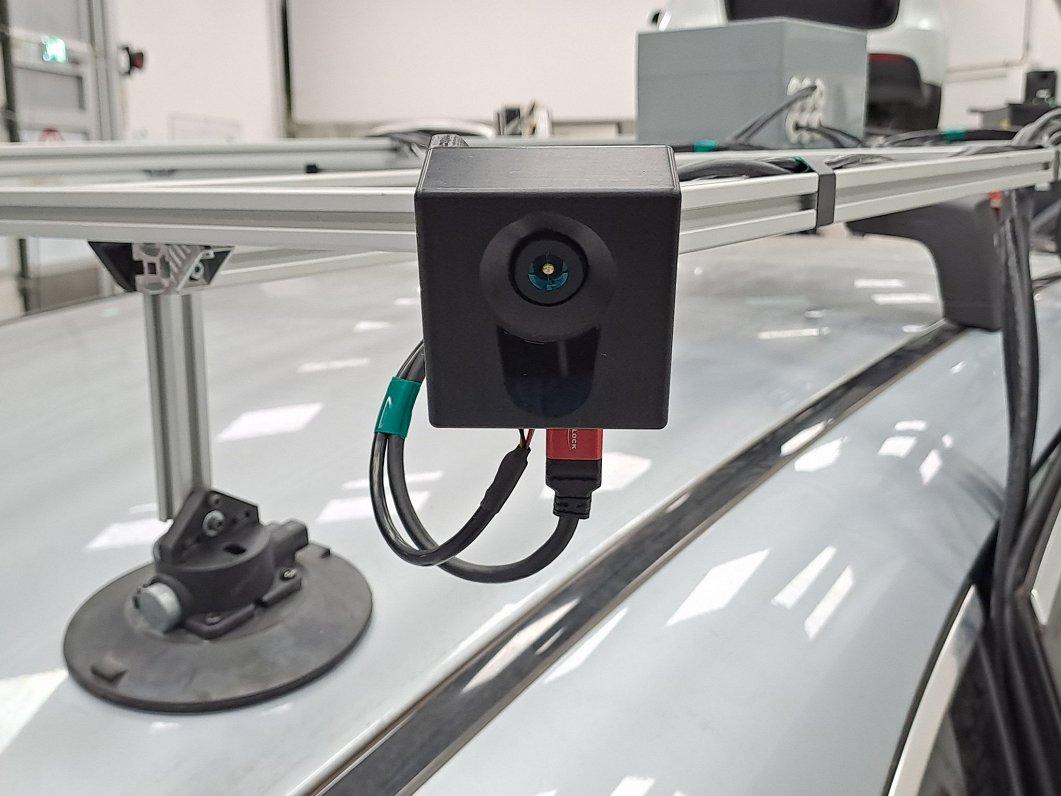
The sensor system developed in Latvia has been tested by researchers in real vehicles using a dedicated simulator in Austria. The task of the institute's researchers is to design the sensors that send signals to the main processing unit—the "brain" of the vehicle. Meanwhile, technologies that interpret these signals and make decisions, such as triggering the brakes, are being developed by project partners in other countries.
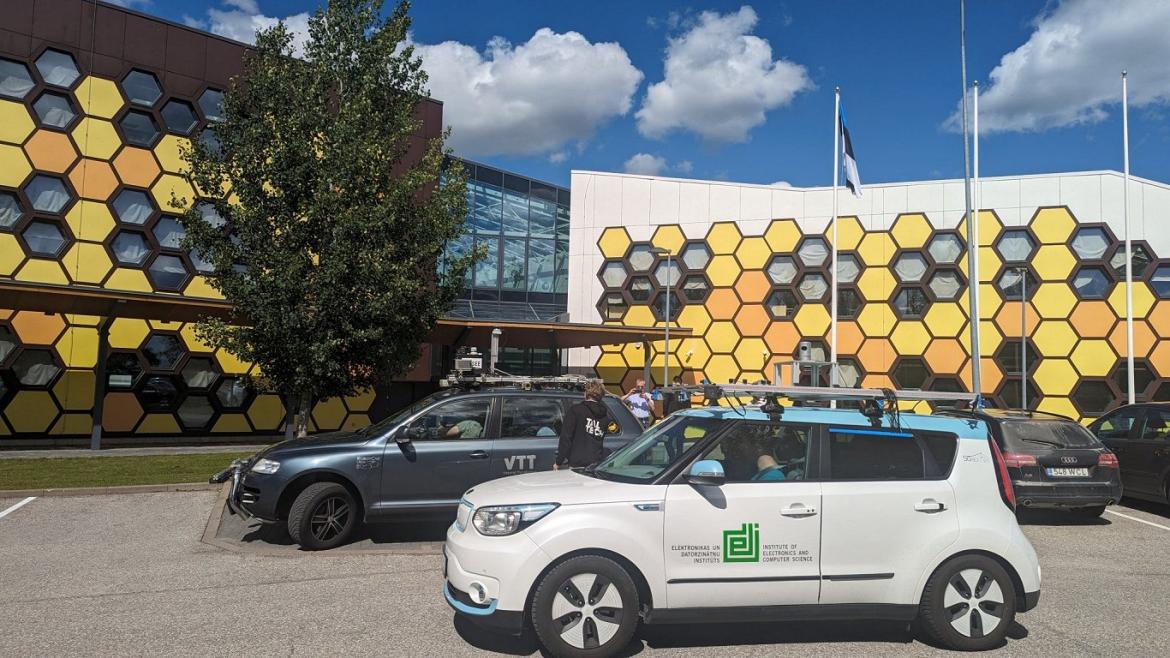
"Building a fully self-driving car, as we can see, has not yet been entirely successful—even for major automakers with enormous resources," said Ozols. "There are six levels of automation, from zero to five. Level zero essentially means no automation. Level one includes basic driver assistance systems like ABS [automatic braking system], which already support the driver. Level five would mean a vehicle with no steering wheel at all, capable of safely and accurately transporting a person from point A to point B under any conditions, without accidents. The autonomous vehicles currently on the market are roughly at level three and aiming for level four. The technologies we are developing are largely targeted toward reaching levels four and five."
Meanwhile, researchers in Latvia are also developing communication technologies between vehicles to enable coordinated and safe traffic flow, said Institute Director Modris Greitāns.
"Connected vehicles have been under research in Europe for a long time, and we are also involved. The idea is that each car won’t operate as a lone unit but will instead exchange information with other vehicles—driving collaboratively. This will significantly help to reduce accidents, traffic congestion, and other issues in the future. One such project is '5G Routes,' which has just concluded," Greitāns explained.
The research team tested the coordinated movement of three vehicles driving in a convoy and performing automated lane changes using 5G communication. In a video demonstration, Greitāns showed that only one of the vehicles had a human driver, while all the vehicles relied on the platform developed during the project. This platform allows real-time data exchange between vehicles—sharing speed, acceleration, and steering angle—enabling them to make accurate and safe driving decisions.
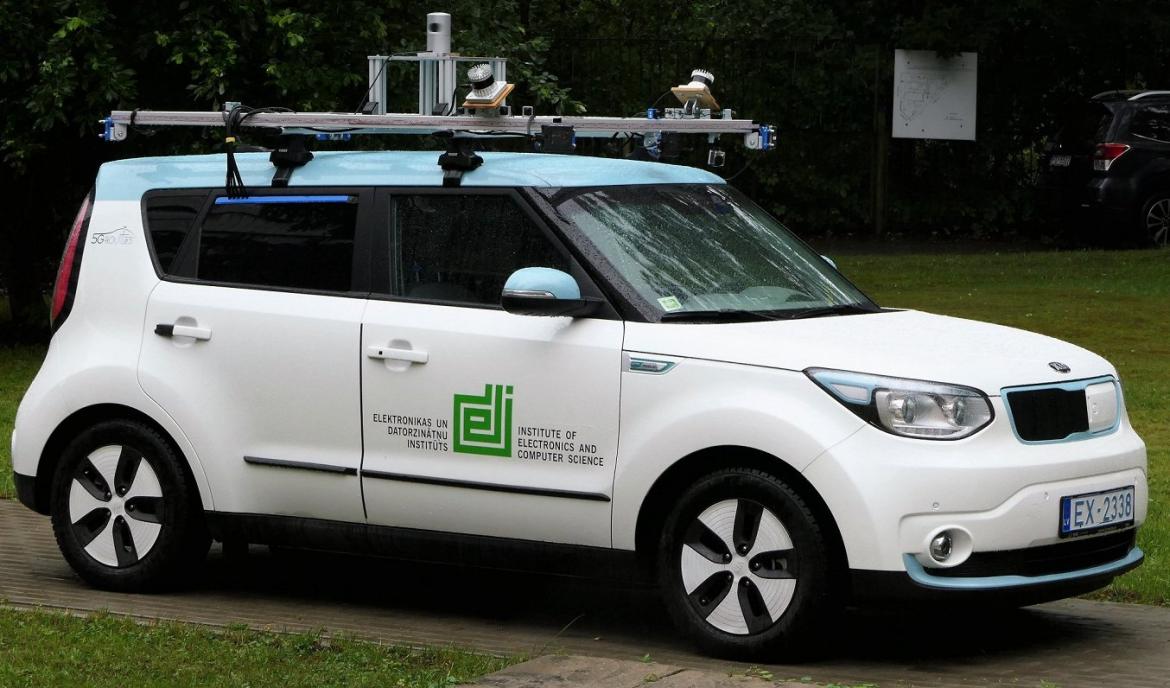
Greitāns stated: "How soon we’ll see driverless cars on our streets is a question not only for scientists, but also for politicians, lawyers, and others, because there’s a whole range of conditions to be met. One major issue is the legal framework—who will be held responsible in case of an accident? Another aspect is that once various types of autopilots emerge to operate vehicles, these systems will also need to undergo technical inspections. It’s unlikely that states or certification bodies will be willing to take on the responsibility of saying, ‘Yes, we guarantee that artificial intelligence will always act correctly.’ So I would say there are both technical challenges—which could potentially be solved in the next 10 years—and other issues whose progression is much harder to predict."
Researchers at the Institute of Electronics and Computer Science added that these technologies are being developed not only for civil transportation but also for the military industry, to enhance national defense capabilities.
